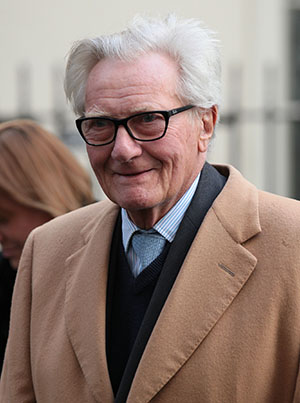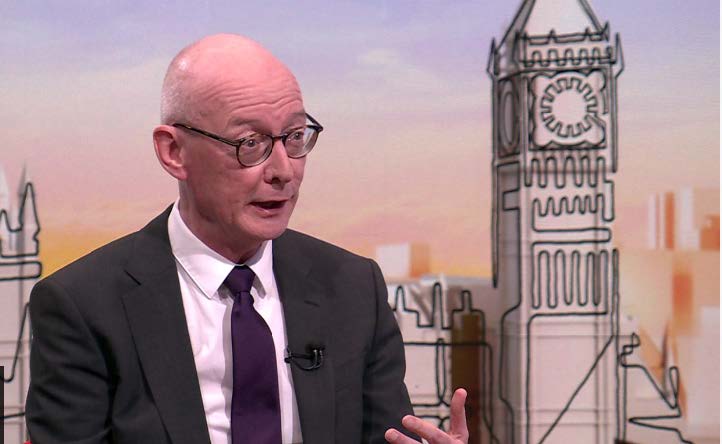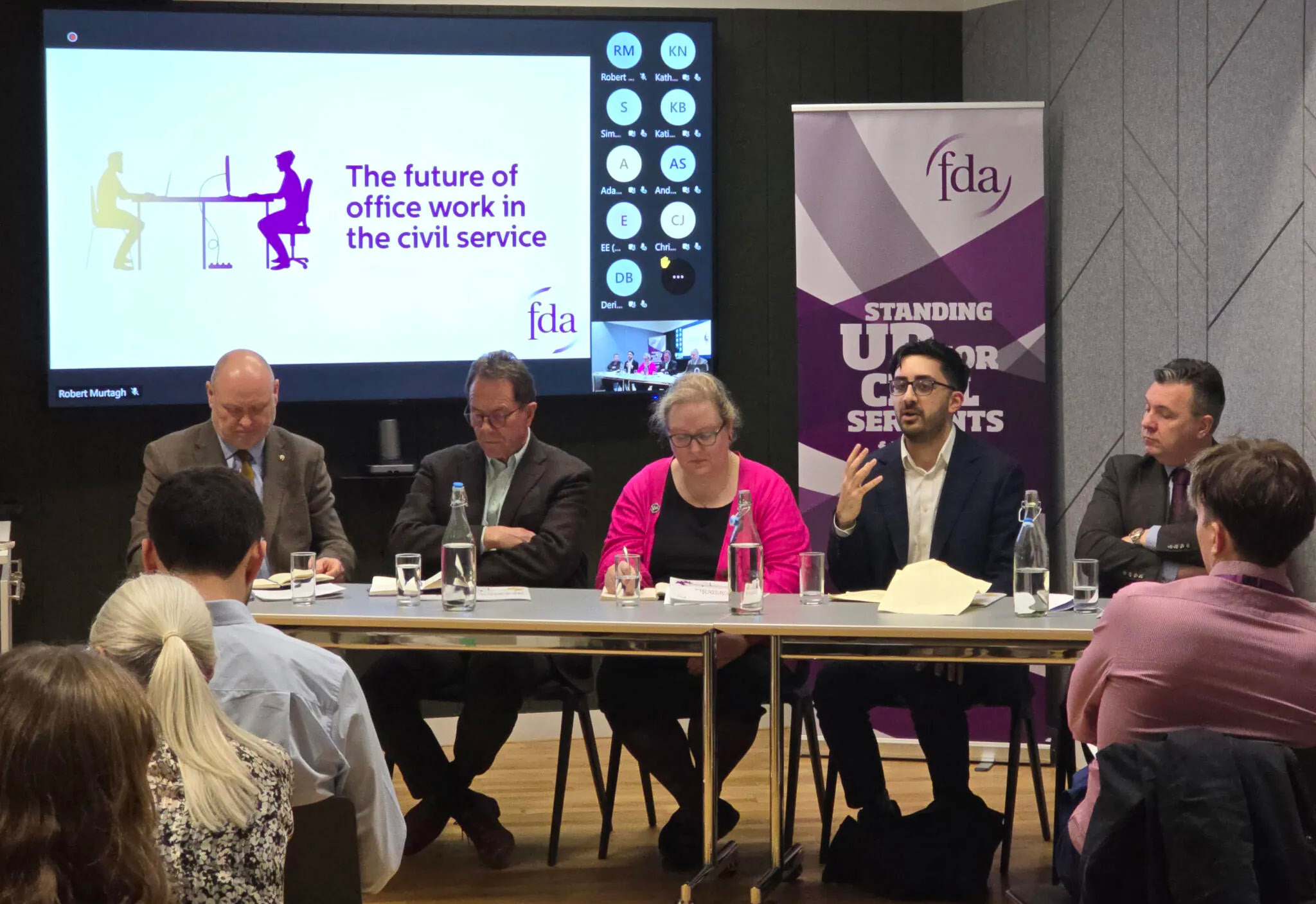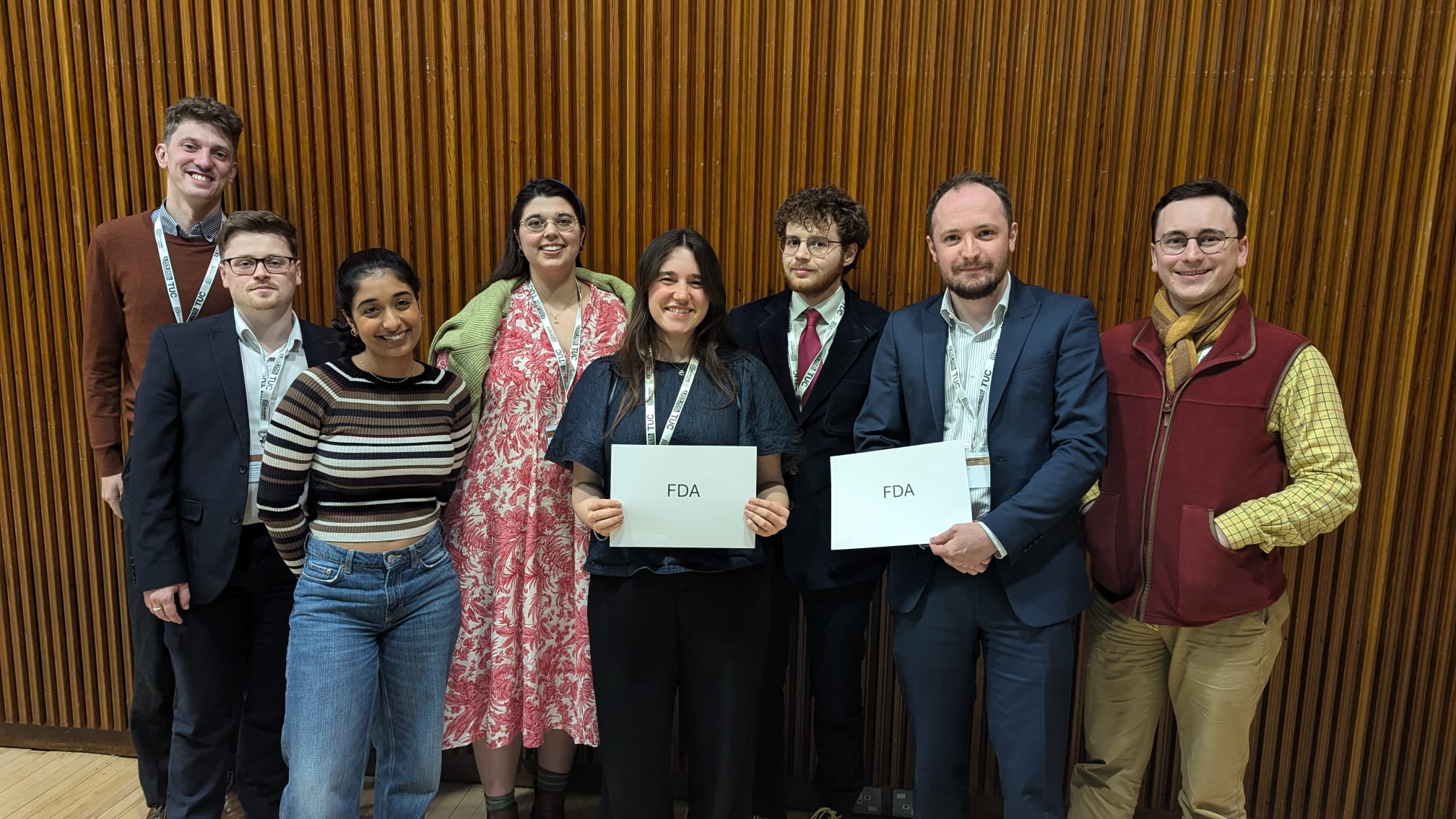Lord Heseltine: The privilege of working with the civil service
This year, the Smith Institute released an FDA-commissioned report entitled ‘Impartiality matters: The importance of impartiality in a “post truth” world’.
Comprised of essays written by former public servants, public policy experts and politicians, the report explores the necessity of an impartial civil service in these uncertain times.
The following words are former Deputy Prime Minister Lord Heseltine’s contribution to this work.

“I have always regarded working with the civil service as a privilege. I found the officials I worked with to be conscientious and always anxious to provide a comprehensive set of policy options which were well researched and well-constructed.”I can also think of many examples where the civil service has been creative and instrumental in bringing ideas to the table. When I oversaw the creation of English Heritage, it was an official in my department who came up with the proposal to merge two quangos into one and I hadn’t thought of that. It turned out to be excellent advice.
Of course, civil servants don’t approach every issue with a completely open mind. They have opinions and they have experiences, many of them in the subject field of activity that you are discussing. Listening to what they say and asking questions about their advice is at the essence of a minister’s responsibility.
In my career as a minister for more than twenty years, I can remember only two exceptional occasions where it was quite apparent to me that the civil servants were against what I was proposing, and their advice was seemingly flavoured by their own judgments. Officials in the Department of the Environment were very opposed to the creation of Development Corporations which they saw as an unwarranted intrusion into the powers of local government. But their advice was also reflected by my political colleagues, Geoffrey Howe and Keith Joseph. It was only the intervention of Mrs. Thatcher that secured for me the agreement to proceed as I wanted. Officials in the Ministry of Defence were very opposed to introducing competition into the procurement process. And I only resolved the matter by dictating the conclusions of the meeting in order to make sure I got what I wanted. In both cases, however, civil servants went on to effectively deliver the polices on the ground.
Much has changed over the course of my career. As a parliamentary secretary, I felt very unempowered, and, in the seventies, I even flirted with the idea of a French cabinet system, as it was definitely very easy for civil servants to bypass junior ministers in the old regime. I remember that things changed very dramatically when Peter Walker was Secretary of State for the Department of Environment. He introduced a daily meeting of his ministers without civil servants. It was a very effective way of empowering ministers, running a major department and keeping everyone in touch and decisions moving along.
I think that things have now changed considerably with the devolution within departments of specific responsibilities to ministers which is now commonplace. Anyway, as I rose through the ranks to become a Secretary of State, I lost interest in the cabinet system as I was increasingly aware of the high level of support from officials if they knew what you wanted and were able to articulate your instructions – something by the way not all ministers are capable of doing.
As a minister, I found that the civil service was more than capable at making a judgement about what crossed the line of impartiality and into party political activity. There were two occasions in which a civil servant said to me “I think Secretary of State that’s more Central Office than it is for us”, and they were quite right and I respected that. I cannot think of any example where any corrupt proposal crossed my desk. That is quite a statement given my history. I can think of only one occasion when anyone tried to draw my attention to a party-political interest which might be benefited by a decision I was going to take. I took the opposite decision.
The changing role of political advisers however does trouble me, I don’t think that those people coming out of universities and moving straight into ministerial offices as political advisors have added anything to the conduct of affairs. In fact, I think they’ve subtracted quite a lot in terms of gossip and tribalism and very rapidly ministers deliver little cohorts of advisors who are politically motivated and compete with each other to build up the reputations of their boss, mostly by taking to journalists. I think that’s done nothing but harm to the reputation of the system.
“As a minister, I found that the civil service was more than capable at making a judgement about what crossed the line of impartiality and into party political activity.”On the other hand, I strongly believe in bringing in special advisers, people with expertise in a specialist field to provide a degree of experience which by the nature of the civil servants is not always there because they move discipline every two years. Those who worked for me as special advisers, there were five or six of them, were not by any means all Conservatives and this was not important to me because as the minister I was always perfectly capable of making a judgment about the party politics involved with any decision.
In conclusion, I have found the senior civil service to be highly able, keen to serve and willing to deliver despite their personal reservations on some occasions. As I referenced at the outset, I’ve found them a privilege to work with.
Related News
-

Meaningful reform
It’s time to lead the civil service, not just the morning news round, says Dave Penman.
-

Hybrid working: Led by evidence, not headlines
Tom Nathan shares the findings and recommendations of the FDA’s recent report on ‘The future of office working in the civil service’.
-

FDA attends TUC Young Workers’ 2025
This March, an FDA delegation attended the annual TUC Young Workers’ Conference in Congress House, London.